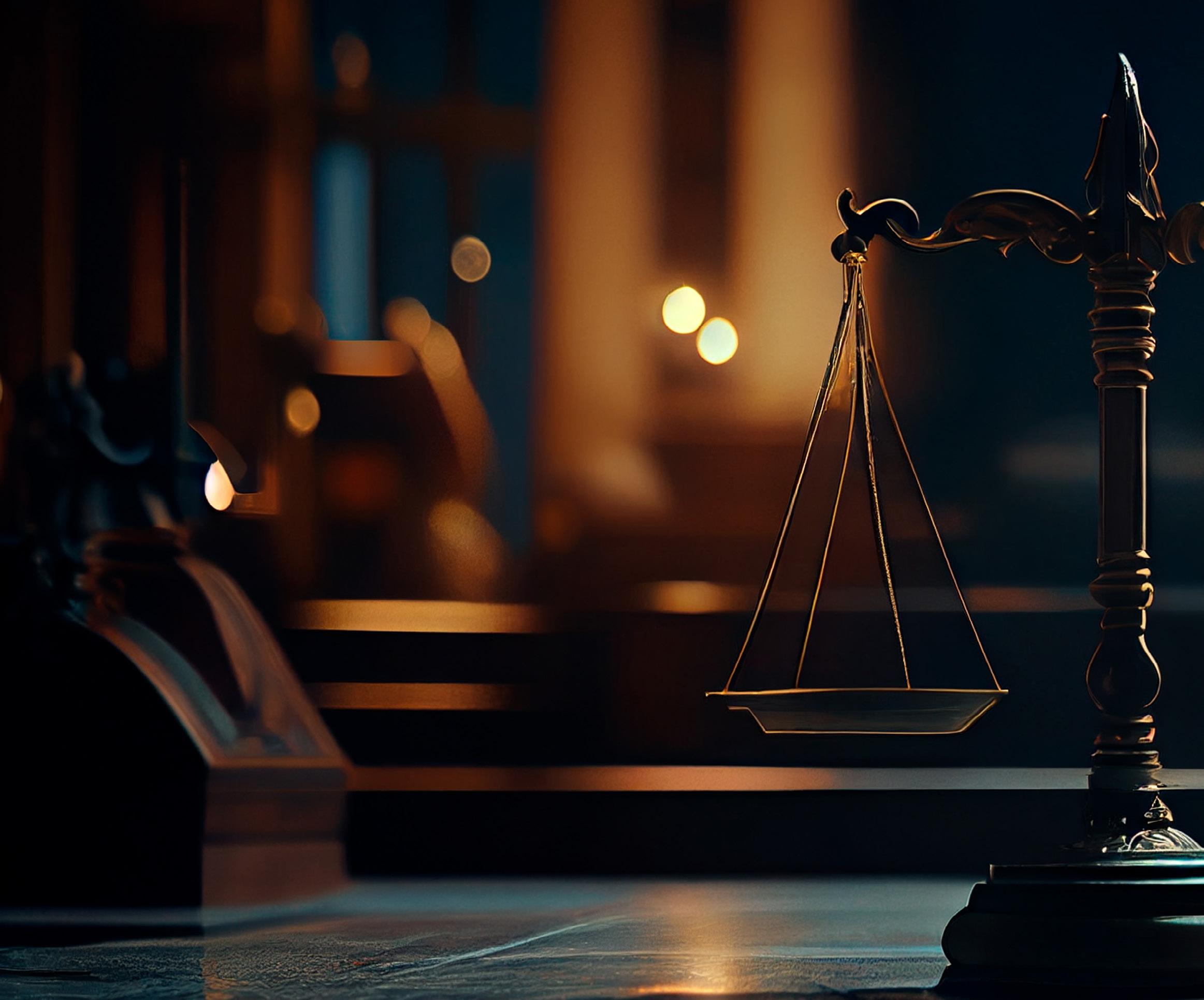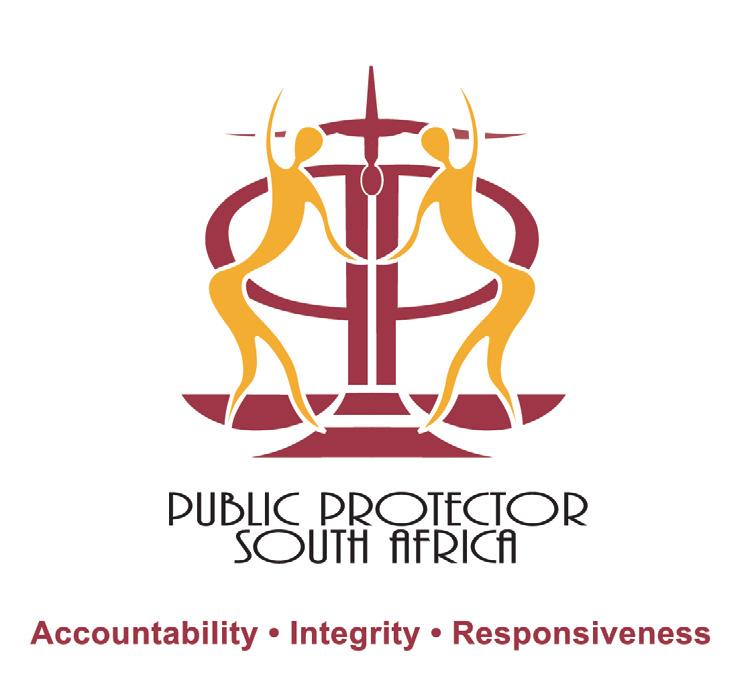
3 minute read
THE VANGUARD OF OUR NATION’S CONSTITUTIONAL DEMOCRACY
The Public Protector is accessible to all persons and communities. Anyone can complain to the Public Protector.
The Office of the Public Protector South Africa (PPSA) is an independent institution established in terms of Section 181 of the Constitution, with a mandate to support and strengthen our nation’s constitutional democracy.
The PPSA receives its mandate from the Public Protector Act 23 of 1994.
The PPSA is one of six State Institutions supporting democracy in South Africa. These institutions are independent of the government, subject only to the Constitution and report annually to Parliament.
Therefore, anyone can file a complaint with the PPSA, and based on whether the PPSA has the requisite jurisdiction, among other things, the matter may be investigated.
When lodging a complaint, ensure that you always include the following details; the nature of the complaint, context, and your justifications for believing the PPSA should investigate it, as well as what other remedies you have tried before approaching the PPSA. Include names, dates, and attach copies of any correspondence you may have had with state officials, as well as your address and contact details. Please be aware that private individuals, private corporations, and court judgements are not within the PPSA’s investigative purview.
The PPSA must be seen as neutral and objective, and thus will give equal consideration to all parties in a dispute. Where the PPSA is of the view that the complaint has merit, alternative dispute resolution processes may also be used to bring the matter to finality. The PPSA’s services are provided free of charge, and a complaint must be lodged with the PPSA within two years of the incident's occurrence, unless special circumstances exist to justify the PPSA’s intervention in a matter that is older than two years.
The PPSA is vested with supreme administrative oversight and has jurisdiction over organs of state and state functionaries.
Section 182 of our Constitution outlines the functions of the Public Protector.
1. The Public Protector has the power, as regulated by national legislation: a. to investigate any conduct in state affairs, or in the public administration in any sphere of government, that is alleged or suspected to be improper or to result in any impropriety or prejudice. b. to report on that conduct; and c. to take appropriate remedial action.
2. The Public Protector has the additional powers and functions prescribed by national legislation.
3. The Public Protector may not
Our vision
An empowered people and accountable public administration.
Please visit our website at www.publicprotector.rg/?q=content/investigationreports-categories to access investigation reports which we have released, over the years.
These are reports of Improper or Dishonest act/corruption; Maladministration Investigations and Dispute Resolution; Executive Ethics Enforcement; Alternative Dispute Resolution/Settlement Agreements; Public Procurement Irregularities and Protected Disclosures/Whistle-Blower Protection investigate court decisions.

4. The Public Protector must be accessible to all persons and communities.
5. Any report issued by the Public Protector must be open to the public unless exceptional circumstances, to be determined in terms of national legislation, require that a report be kept confidential.
Mission:
To protect all persons against administrative injustices, improve service delivery and promote good governance in state affairs.
Contact details:
The PPSA has Offices in all nine provinces.
Head Office contact details:
Tel: 012 366 7000
Email: registration2@pprotect.org
Website: www.pprotect.org
Address:
Head Office 175 Lunnon Street, Hillcrest Office Park, Pretoria.
Twitter: @Public Protector SA
Facebook: Public Protector South Africa










